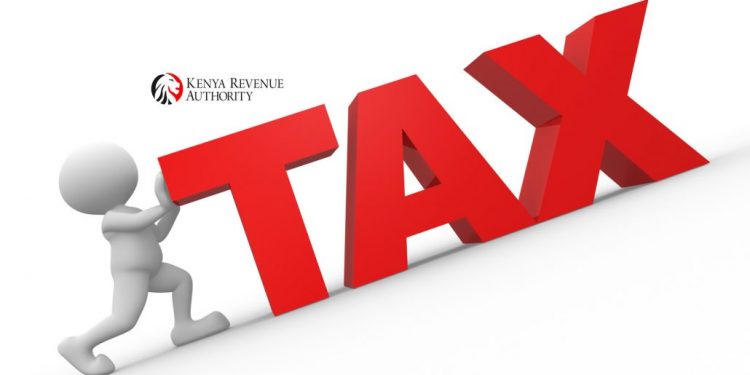Kenya’s tax environment has been going through changes with the Kenya Revenue Authority trying to increase revenue collection to the tune of KSh6.1 trillion by June 2021.
The Finance Bill 2019, published on June 13th proposes changes in taxation with the introduction of a 10% excise duty on the amounts staked in betting activities as well as an Increase of Excise duty rates on tobacco products, wines and spirits by 15%.
Developers of mobile applications are likely to see a new tax come their way with the Kenya Revenue authority proposing introduction of taxes on digital applications in order to tap into revenue generated from them as well as through downloads. This applies to resident and foreign-based app developers conducting business in the country.
Despite the introduction of new taxes, a report by Africa Growth Initiative by Brookings titled “Taxing mobile phone transactions in Africa Lessons from Kenya” argues that taxation on mobile phone airtime and financial transactions may not expand the tax base significantly but, rather, may reverse the gains on retail electronic payments and financial inclusion. This is to say that, low income earning individuals may revert to using cash as the tax burden increases.
In 2003 the government first introduced excise tax on airtime before successfully introducing taxes on mobile phones as well as computer hardware and software.
Over the years, the country has moved from a 2009 initiative by government, exempting mobile handsets from the VAT, to its re introduction in 2013. Currently the excise tax on airtime stands at 15%. Internet data services and money transfer services attract a 15% and 20% tax respectively. According to the report, mobile money related taxes contribute less than 1% of Kenya’s total tax revenue.
Related:
How KRA plans to bridge the revenue shortfall
KRA in a new drive to streamline levies collection at border points




